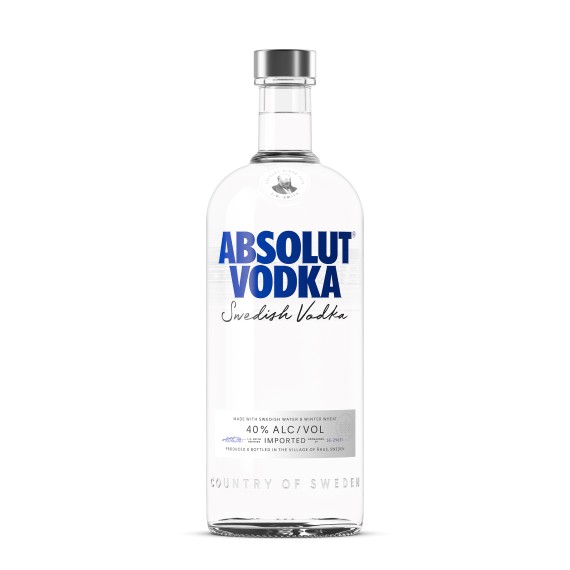Absolut Vodka has announced a new bottle, the brand’s biggest design update since 1979.
The new bottle design is said to be influenced by the Swedish vodka brand’s home of Åhus, Sweden, where every bottle of Absolut is produced and distilled in or around.
“Our new look reflects the efforts we put into the making of our vodka,” said Charl Bassil, global vice president of marketing at Absolut.
“We’ve taken a look at ourselves and have landed in a place where we’ve kept our distinct DNA, communicating our provenance, heritage, and authenticity more clearly than ever before.”
The new design also features enhanced legibility, the address of the original distillery on the front label, and founder Lars Olsson Smith’s name on the medallion seal of the bottle.
“We were keen to capture our rich, quality story and make that clearer on the bottle, signposting to what makes our vodka unique,” said Elin Furelid, global head of product portfolio and design at Absolut.
“We have of course kept the most important design elements that make Absolut, Absolut.”
The new Absolut Vodka bottles will be available in the US from September 2021 before a global roll-out.





